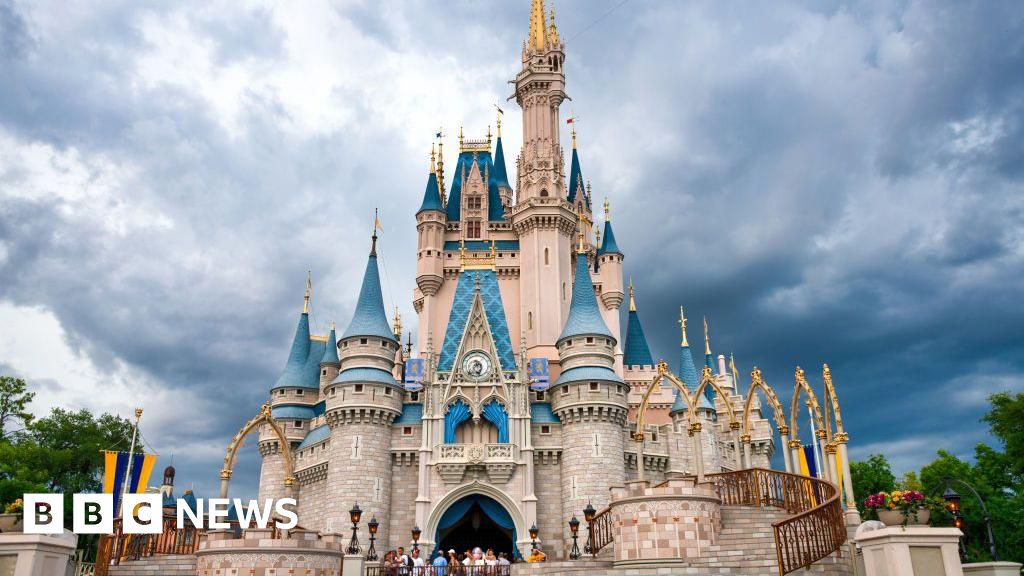A legal battle is brewing between Disney and the widower of a woman who died after an allergic reaction at Disney World, with the entertainment giant arguing that a clause in its streaming service's terms of use prevents a courtroom trial.
Jeffrey Piccolo, the widower, filed a wrongful death lawsuit against Disney after his wife, Dr Kanokporn Tangsuan, passed away in 2023 following a severe allergic reaction at a Disney World restaurant. Piccolo alleges that the restaurant failed to adequately address his wife's severe dairy and nut allergies, despite being repeatedly informed about them.
The incident occurred on 5 October 2023, when Piccolo and his wife dined at the restaurant. Dr Tangsuan later died in hospital, with a medical examiner confirming her death as "a result of anaphylaxis due to elevated levels of dairy and nut in her system."
Piccolo is seeking damages exceeding £40,000, alongside legal costs. However, Disney has filed a motion to halt the court proceedings and force the dispute into arbitration, a process that involves a neutral third party resolving the issue outside of a courtroom.
The crux of Disney's argument lies in the terms of use for its streaming service, Disney+, which the company claims Piccolo agreed to when signing up for a free trial in 2019. Disney maintains that this agreement covers all future interactions with the company, including theme park visits and any potential disputes. The company also argues that Piccolo re-accepted these terms when using his Disney account to purchase theme park tickets in 2023.
Piccolo's legal team vehemently disagrees with Disney's interpretation, calling it "preposterous" and "inane." They argue that the terms of use were agreed upon by Piccolo for himself and not for his deceased wife. Furthermore, they highlight the absurdity of a free trial for a streaming service being used as leverage against a wrongful death lawsuit.
"Disney is pushing the envelope of contract law," says Ernest Aduwa, a partner at Stokoe Partnership Solicitors, who is not involved in the case. "The courts will have to weigh whether a clause in a streaming service contract can be applied to such a serious allegation of wrongful death through negligence at a theme park."
Jibreel Tramboo, a barrister at Church Court Chambers, notes that the clause in the 2019 free trial may be a weaker argument for Disney, whereas the 2023 ticket purchase agreement might hold more weight.
However, he points out that the sensitive nature of this case might prevent Disney from successfully pushing for arbitration.
Piccolo's legal team is determined to have the case heard by a jury in a court of law. A Florida judge will hear Disney's motion to move the case to arbitration in October.
Arbitration, while typically faster and less expensive than a courtroom trial, often offers more confidentiality and privacy.
"Disney understandably may prefer the privacy and confidentiality that arbitration provides, rather than having a wrongful death suit heard in public with the associated media attention," says Jamie Cartwright, a partner at the law firm Charles Russell Speechlys.
This case raises crucial questions about the scope and enforceability of online terms of service, particularly in the context of serious allegations like wrongful death. It remains to be seen whether a Florida judge will uphold Disney's argument and force the case into arbitration, or allow the case to proceed to trial.
Article
Entertainment

Disney+ Terms Used to Halt Lawsuit After Allergy Death at Disney World

